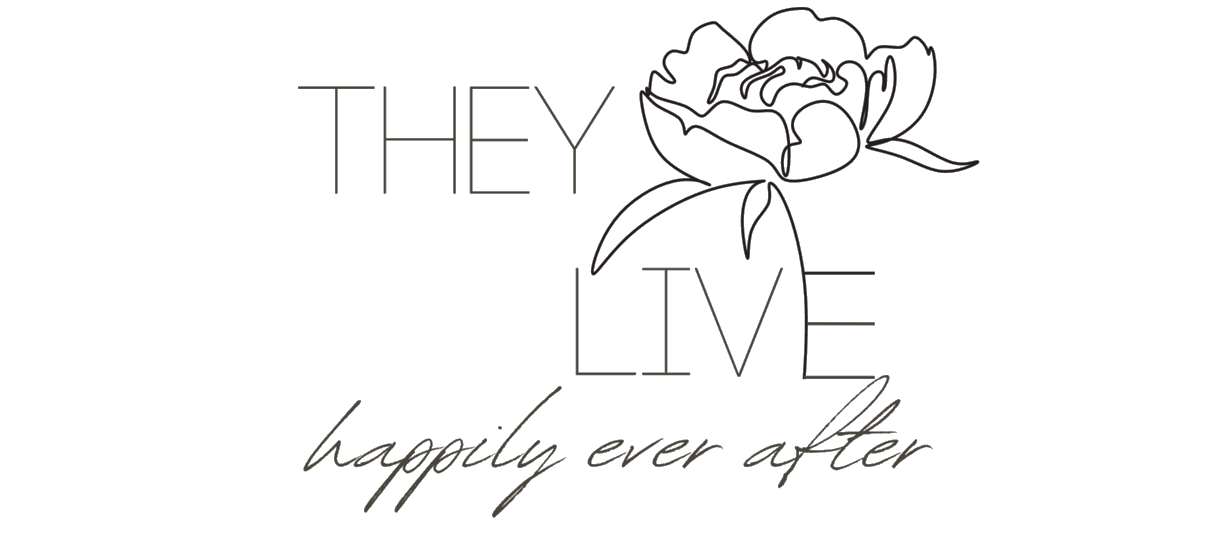Stress-Relief Techniques for Managing Pre-Wedding Jitters
Wedding planning can be a magical time, but it’s not uncommon for couples to feel a surge of stress as their big day approaches. From juggling logistics to managing expectations, it’s easy to feel overwhelmed. These pre-wedding jitters, however, can be alleviated with intentional strategies.
We spoke with Megan Collins, MA, LMFT, ATR-P at NeuroArts Therapy and Consulting, to explore practical ways couples can ease the stress and embrace their wedding journey calmly and confidently.
Daily Stress-Relief Practices to Ground Yourself
Building intentional stress-relief habits is crucial in the weeks leading up to your wedding. Megan suggests incorporating Bio-Psycho-Social-Spiritual health rituals to maintain balance. “Couples can benefit from 20-minute walks after dinner, engaging in five-minute gratitude journaling daily, connecting and being vulnerable with friends, and practising their faith,” she explains. These activities help counterbalance the many stressors of planning a big event.
Equally important is dedicating time to connect with your partner. Megan encourages couples to plan activities that reflect their shared values, mission, and passions. “This is an excellent time to create intentional moments of connection by planning activities that remind you of your shared values,” she says. However, she warns against letting this time turn into a logistical meeting. “Consider setting boundaries around your connection time so this time doesn’t become about wedding logistics.”
Mindfulness Techniques to Manage Pre-Wedding Jitters
Mindfulness can be a powerful tool for calming wedding-related anxiety. Megan emphasizes its role in staying present, saying, “Mindfulness activities can help couples and individuals be in the here and now. Being fully present can reduce anxiety about all the future uncertainties and prevent you from crossing bridges that don’t exist yet.”
She recommends starting your day with Box Breathing, a proven technique to reduce anxiety. “Begin each day with a simple five-minute breath Box Breathing 4-4-4-4 technique,” Megan advises (where you inhale for four seconds, hold the breath for four seconds, exhale for four seconds, and then hold again for four seconds). Couples can also create a wedding vision board to shift their mindset towards calmness and positivity.
For moments of heightened anxiety, she suggests the 5-4-3-2-1 grounding method to refocus your senses. Before bed, try progressive muscle relaxation to ease tension and improve sleep quality. “Progressive muscle relaxation helps reduce anxiety and muscle tension and improves sleep,” she notes.
Communication: The Cornerstone of Calm
Open communication is essential for navigating the emotional rollercoaster of wedding planning. According to Megan, “Open communication is fundamental for navigating the emotional rollercoaster of wedding planning and for successful partnerships.” She encourages couples to schedule regular check-ins to share how they’re feeling. Using “I” statements such as “I feel overwhelmed” can reduce defensiveness and foster productive conversations.
“When communicating, check in to see if it’s a good time for your partner, express yourself using ‘I’ statements, and ask for what you want, need, and desire in a calm conversational tone,” Megan suggests.
Active listening also plays a crucial role. She advises, “Restate what your partner is saying in your own words and ask if you’ve gotten it right or if you missed something.” For more sensitive topics, she recommends writing a letter to gather your thoughts before discussing them. “First, express all your thoughts and feelings, sleep on it, reread it, and then alter it to be empathetic and use ‘I’ statements,” she adds.
Overcoming Performance Anxiety
If the thought of being the centre of attention on your wedding day makes you nervous, Megan offers reassurance. “Your wedding is your opportunity to share your love story and celebrate this milestone. People will remember how you made them feel more than precisely what you said.”
To shift your focus away from perfectionism, she suggests engaging in activities that reconnect you with your body. “The best advice is to get out of your head and back into your body through rigorous exercise or mind-body techniques,” she says. For those who feel overwhelmed by the pressure, even small creative activities can help. “As an Art Therapist, even doodling can lead to a reduced sense of anxiety,” Megan shares. The key is to prioritize authenticity over flawless delivery.
Managing External Pressures and Family Conflicts
External pressures and family dynamics can add layers of stress to wedding planning. Megan advises couples to approach these challenges as a team. “First, get on the same page with your partner to present a united front,” she says. This unity helps set boundaries and manage conflicts effectively.
“When dealing with family pressures, ask if it’ll even matter in five years and pick your battles,” Megan suggests. Communicating your feelings calmly and clearly is essential. For example, she advises saying, ‘We’ve heard your thoughts about XYZ and are considering it as a couple. Every time you bring up XYZ, we feel a lot of pressure, sadness, and frustration and need a break from it.’” Setting these boundaries protects your emotional well-being and prevents unnecessary conflict.
Self-Care Strategies for Wedding-Day Nerves
The morning of your wedding should be a time for self-care and grounding. Megan recommends engaging in physical activities to release tension. “Doing a day of physical activities like yoga or walking helps release tension, boost your mood, expand your bandwidth, and help with clarity,” she says.
Incorporate sensory elements into your relaxation routine, such as lighting candles, playing soothing music, or indulging in a favourite scent. “Engage in any relaxation ritual with intention while indulging all five senses,” Megan advises. Additionally, she suggests embracing your leadership role on the big day: “Be assertive today; you and your partner are the bosses. Kindly ask for what you want, need, and desire in a calm conversational tone.”
***
By incorporating these expert tips into your preparation, you can transform pre-wedding jitters into an opportunity for connection and growth. With mindfulness, open communication, and intentional self-care, you’ll feel confident, calm, and ready to savour every moment of your wedding day.





